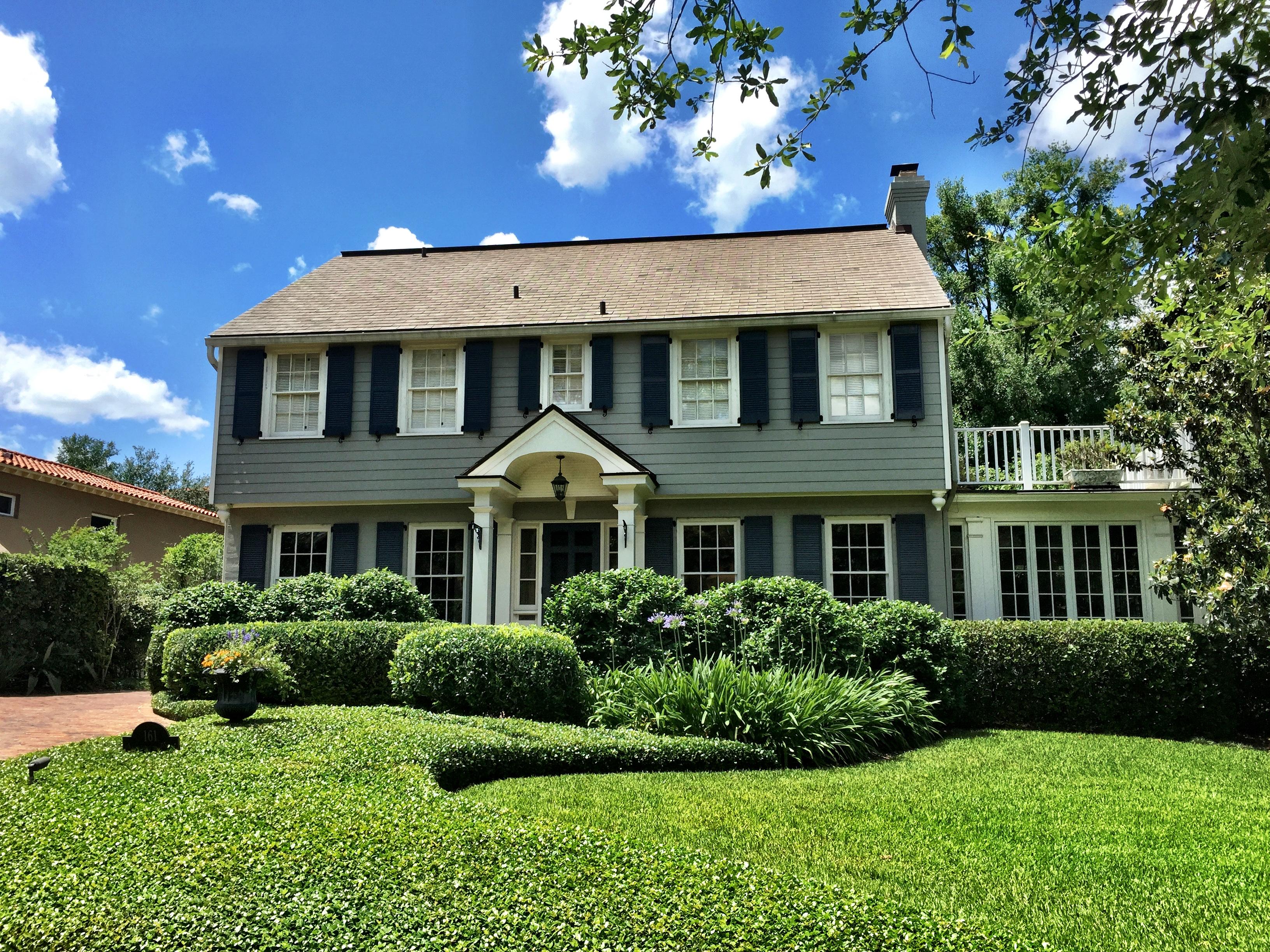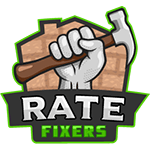
Four Things to Know about Reverse Mortgages
If you’re a senior aged 62 or older, you may be considering a loan product known as a reverse mortgage. Reserved for those in the above-referenced age bracket only, a reverse mortgage allows a qualifying homeowner to borrow against their home equity. Reverse mortgagees are not required to make monthly payments on the loan as long as the property remains their primary residence. It will be repaid when the borrower vacates the property either through death or sale of the home.
Here are four things to know about this unusual mortgage product:
It’s different than a standard home equity loan.
Not only does a traditional home equity loan or line of credit require monthly payments, there are also stringent requirements to qualify, both income- and credit-based. With a reverse mortgage, credit and income have no bearing on the loan. Instead, lenders use an FHA formula that considers things like your age and current interest rates to set the terms of the loan.
Your heirs may still keep the home upon your death.
It may seem as though the bank will get your home after your passing, but that isn’t necessarily the case. The bank is only entitled to the amount left on the loan. Any proceeds from a home sale over and above that amount will become part of your estate. And if your family wishes to keep your home, the bank loan can actually be repaid from other assets in your estate.
There are limitations on how much you can borrow.
Though you’re borrowing against your own home equity, you’ll never be able to borrow the full appraised value of the home. This is because the bank needs to maintain a cushion to account for interest and fees associated with the reverse mortgage loan. Generally speaking, however, increased age means an increased loan amount, based on formulas the lender will use to write the terms of the loan.
You can’t lose your home to foreclosure.
In a foreclosure, you lose your home for failure to make timely monthly payments. Since there are no monthly payments associated with a reverse mortgage, you will be safe from foreclosure in this way. However, it’s important to be aware that you could still lose the home if you fail to pay property taxes or keep a homeowners insurance policy up to date.
Image via Flickr/billy
